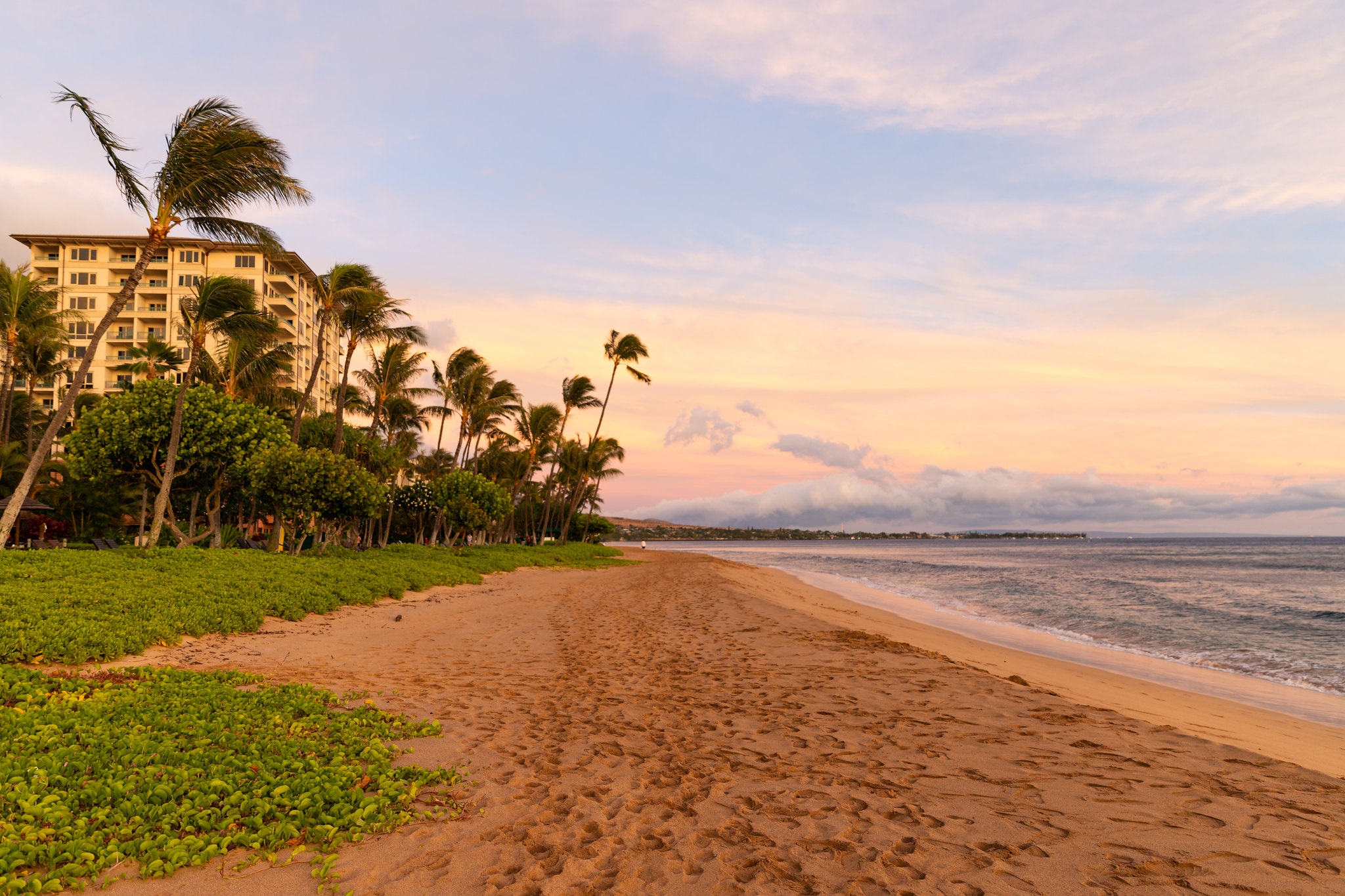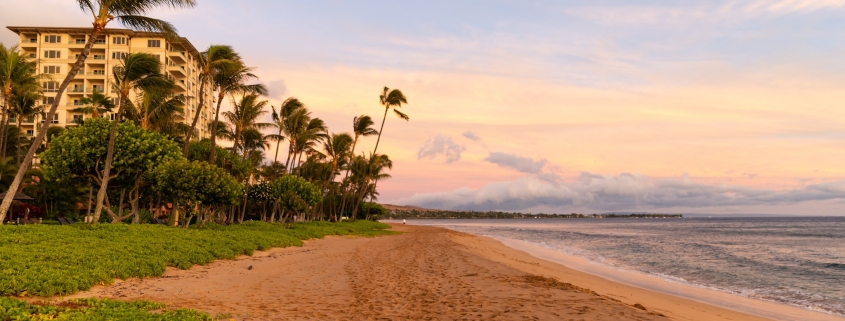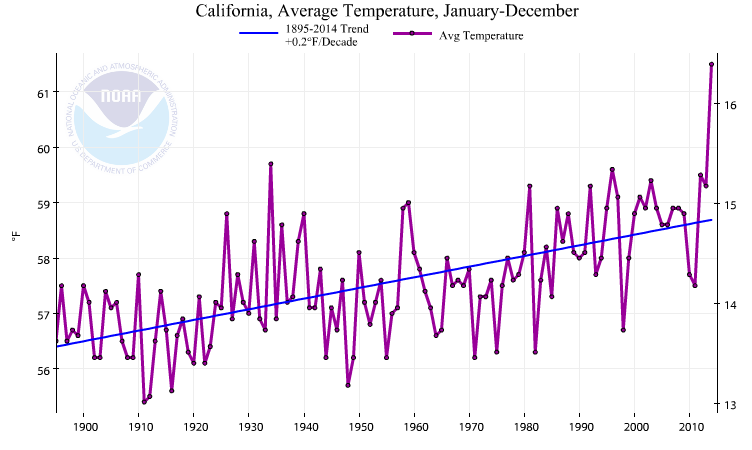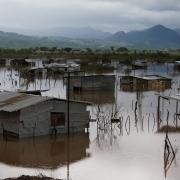Maui Mayor Rejects Clean Water Act Settlement, Aims for Supreme Court Hearing
Internal politics in Maui County muddle a closely watched groundwater case.

The Lahaina Wastewater Reclamation Facility is located near Kaanapali beach, on the west side of Maui. Photo courtesy of Flickr/Creative Commons user Falco Ermert
By Brett Walton, Circle of Blue
Defying a vote of the County Council, Maui Mayor Michael Victorino said on October 18 that he will not settle a Clean Water Act lawsuit that holds national implications for water pollution permitting.
Instead of the settlement that the council authorized last month, Victorino prefers to have the nation’s highest court decide whether a wastewater treatment facility on the island requires a federal pollution permit for disposing its effluent. Currently injected underground, the nutrient-rich effluent eventually seeps into coastal waters where it has contributed to algal blooms around coral reefs.
The case is closely watched because it could determine whether pollution of groundwater that is connected to rivers, lakes, and oceans is covered by the nation’s primary water-protection law.
“There are strong opinions on both sides of this important issue,” Victorino wrote in a statement that was posted online. “But leadership is not about making easy, popular decisions. I believe the best interests of our residents, our visitors, and the environment will be best served by having this case settled by the Supreme Court.”
The politics within Maui County, however, are far from settled.
The council, believing that it has the power to authorize the settlement with the four conservation groups that brought the lawsuit, is preparing to vote on a resolution to ask a Hawaii state court to intervene. That vote will be taken on October 29. If the resolution is approved, the state court will be asked to interpret the county charter to determine which branch — the mayor or the council — has authority to approve the settlement, David Raatz of the Maui County Office of Council Services told Circle of Blue.
Victorino’s announcement and the council’s potential counter move are the latest twists in a seven-year legal confrontation. The case centers around the Lahaina Wastewater Reclamation Facility, a wastewater treatment plant on the west side of Maui. The legal concept being tested is known as the conduit theory — whether a facility that discharges pollutants into groundwater that then flows to streams, lakes, or oceans requires a Clean Water Act permit.
If the concept is applied broadly to groundwater that is hydrologically linked to surface waters, it would expand the number of facilities that need federal pollution permits. Because of that, business and industry organizations such as the National Association of Home Builders, Chamber of Commerce, National Mining Association, and American Petroleum Institute and municipal government groups like the National Association of Clean Water Agencies, City of New York, and National League of Cities filed briefs supporting Maui County.
During the Obama administration, the U.S. Environmental Protection sided with the conservation groups. But the agency recently changed course under President Trump. In a non-binding guidance document released in April, agency officials interpreted the Clean Water Act to “exclude all releases of pollutants to groundwater” from water pollution permitting.
Federal appeals courts are split. The Ninth Circuit ruled that the Lahaina facility does need a permit, supporting the conduit theory. A similar case in the Fourth Circuit has also been appealed to the Supreme Court. But the Sixth Circuit, in a case involving disposal of coal waste, came to the opposite conclusion. It determined that a permit for a coal ash pond in Kentucky was not necessary.
The Maui County Council voted 5 to 4 in September to settle the lawsuit brought by Hawaii Wildlife Fund, Sierra Club, Surfrider, and West Maui Preservation Association. The upcoming vote presents a higher bar for approval. A two-thirds vote of the council is required to forward the complaint to the state court, Raatz said. Accordingly, a council member who voted against the settlement would have to flip their vote next week for the measure to pass.
If the settlement is not approved, the U.S. Supreme Court is scheduled is hear oral arguments in the case on November 6.
In his statement, Victorino suggested that he made his decision based on economics and legal clarity.
“This issue must be clarified once and for all, not re-litigated endlessly at county taxpayers’ expense,” Victorino wrote.
When asked for additional information, Brian Perry, the mayor’s spokesperson, referred to the statement.
The settlement addresses legal clarity, as well as other issues. The county agreed to seek a federal pollution permit for the facility, invest at least $2.5 million in projects that recycle wastewater in order to reduce reliance on injection wells, and pay a $100,000 fine. The plaintiffs agreed not to pursue additional penalties or legal action as long as the country is making a “good faith effort” to fulfill its obligations.
David Henkin is the Earthjustice attorney representing the plaintiffs. He said that the groups are prepared to make their case to the Supreme Court.
“It’s unfortunate that the Mayor has chosen to side with the Trump Administration and the nation’s worst polluters, rather than listen to the will of the people of Maui, who spoke out overwhelmingly in favor of settling the case and focusing on addressing the harm the Lahaina injection wells are inflicting on Maui’s priceless coral reef every day,” Henkin wrote in an email to Circle of Blue.
Brett writes about agriculture, energy, infrastructure, and the politics and economics of water in the United States. He also writes the Federal Water Tap, Circle of Blue’s weekly digest of U.S. government water news. He is the winner of two Society of Environmental Journalists reporting awards, one of the top honors in American environmental journalism: first place for explanatory reporting for a series on septic system pollution in the United States(2016) and third place for beat reporting in a small market (2014). He received the Sierra Club’s Distinguished Service Award in 2018. Brett lives in Seattle, where he hikes the mountains and bakes pies. Contact Brett Walton









Leave a Reply
Want to join the discussion?Feel free to contribute!